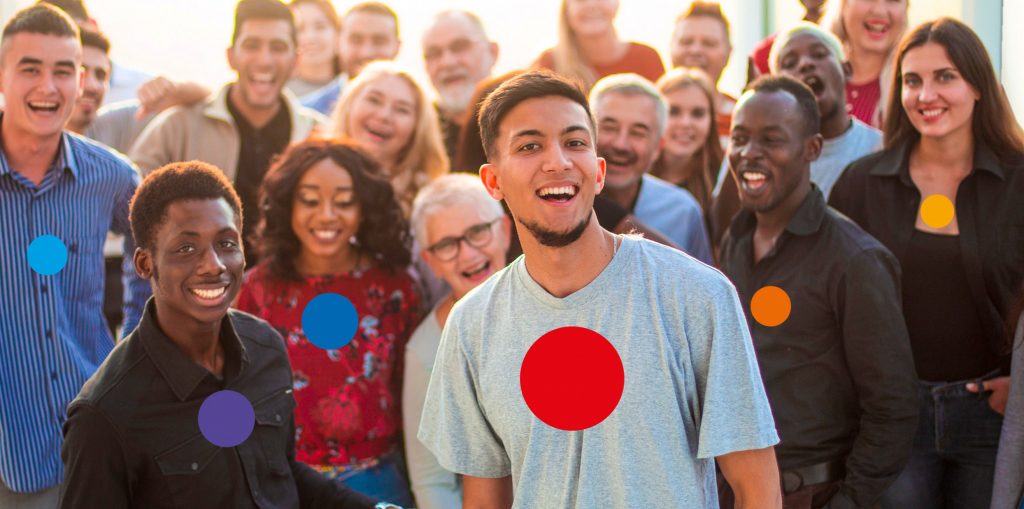
ACTIon – Promoting active citizenship through civic education and active online participation of youth role models is an Erasmus+ KA3 Social inclusion project which aims to train young people on how to use digital technologies to participate actively in their community, and in society as a whole. Partners develop tailor-made training programmes for youth role models from disadvantaged groups (Roma, migrants) that can be used with the youth in both formal and non-formal education.
The project is designing and implementing two training programs in order to achieve this goal.
The model for opinion leaders` online activation – MOLA. The model is an adapted from Cair`s Popular Opinion Leader (POL) model developed for HIV prevention. MOLA is an adaptation of POL: here, Opinion Leaders are identified and trained to influence the health-related behavior and attitudes of their friends and peers online. Through implementing this model, organisations and youth workers can:
- first empower popular Opinion Leaders (OLs) to become critically engaged consumers of online information and participate in digital media in wise, safe, and ethical ways (training- 5 sessions of 120min each, spaced out over a period of 5 weeks),
- and then, through the OLs’ social networks, change the attitudes and behaviors related to a specific health topic within the targeted community as a whole (guided activation of the Opinion leaders phase (12 weeks).
This training programme, DigiPAC (Digital Participation and Active Citizenship). The overarching aim of the programme is to enable instructors from educational settings to implement the programme and thus take steps towards this goal with the young people in their groups / under their care. DigiPAC is aimed at youths between 14 and 25 years of age. It is built up of three separate modules, each of which contains 4-6 separate activities. These activities convey various digital and democratic competences. Each module has a slightly different focus, and builds upon the previous learnings: Module A aims to introduce to the training programme, basic rules, and to explore general themes of being and interacting online, Module B aims to deepen the participants’ understanding of digital citizenship, democracy and core civic principles, Module C aims to introduce the participants to the theme of digital youth participation and presents tools for active self-organised peer e-participation.
Action Synergy is participating as a partner in this project which is coordinated by Nexus, a German social research institute that specializes in citizen participation. In the project they participate also Health and Social Development Foundation (Hesed) from Bulgaria, The Open Space Foundation from Bulgaria, ALL DIGITAL from Belgium and SEGA from North Macedonia.
More information about the project, you can find at the project’s website https://www.erasmus-action.eu/
